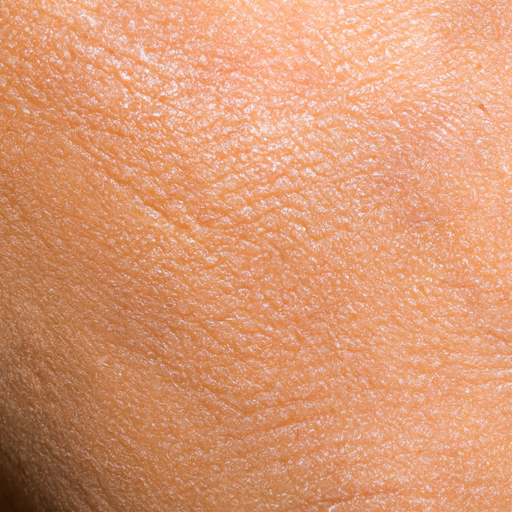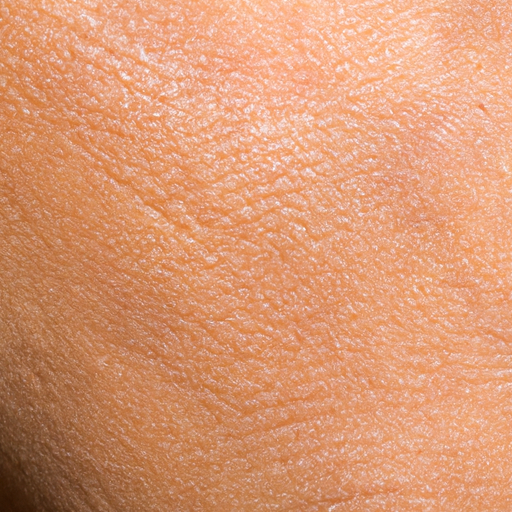Having dry, itchy skin can be a frustrating and uncomfortable experience. It can disrupt your daily activities, make it hard to concentrate, and even affect your sleep. However, there are several proven strategies that can help you manage this condition and restore your skin’s natural moisture and comfort. Here are eight of them:
1. Hydrate from the Inside Out: Drinking plenty of water is one of the simplest yet most effective ways to combat dry skin. Hydration helps maintain your skin’s elasticity and suppleness, reducing the likelihood of dryness and itchiness.
2. Use a Humidifier: Dry air can exacerbate skin dryness. Using a humidifier in your home or office can help maintain a more skin-friendly level of humidity, preventing your skin from drying out.
3. Choose Skin Care Products Wisely: Not all skin care products are created equal. Some contain harsh chemicals that can strip your skin of its natural oils, leading to dryness and irritation. Opt for products with natural ingredients and are free from fragrances and dyes. Look for ingredients like hyaluronic acid, ceramides, and glycerin which are known for their hydrating properties.
4. Moisturize Regularly: Applying a moisturizer immediately after bathing can help lock in moisture and keep your skin hydrated throughout the day. Choose a moisturizer that is suitable for your skin type and apply it generously, especially on areas prone to dryness.
5. Limit Shower Time and Temperature: Long, hot showers may feel relaxing, but they can strip your skin of its natural oils. Limit your showers to 10 minutes and use lukewarm water instead of hot.
6. Wear Soft, Breathable Fabrics: Certain fabrics, like wool or synthetic materials, can irritate your skin and cause it to itch. Opt for clothing made from soft, breathable fabrics like cotton or silk.
7. Eat a Balanced Diet: Your diet plays a crucial role in maintaining healthy skin. Foods rich in omega-3 fatty acids, such as fish and flaxseeds, can help nourish your skin from the inside out. Similarly, fruits and vegetables high in antioxidants can help protect your skin from damage.
8. Consult a Dermatologist: If your dry, itchy skin persists despite your best efforts, it may be time to consult a dermatologist. They can assess your skin condition, identify any underlying issues, and provide a tailored treatment plan.
In conclusion, managing dry, itchy skin involves a combination of internal and external strategies. From hydrating and eating a balanced diet to choosing the right skin care products and clothing, there are several ways to soothe your skin and restore its natural comfort. Remember, everyone’s skin is unique, so what works for one person may not work for another. It may take some trial and error to find the strategies that work best for you. But with patience and consistency, you can effectively manage your dry, itchy skin and enjoy the comfort of healthy, hydrated skin.




